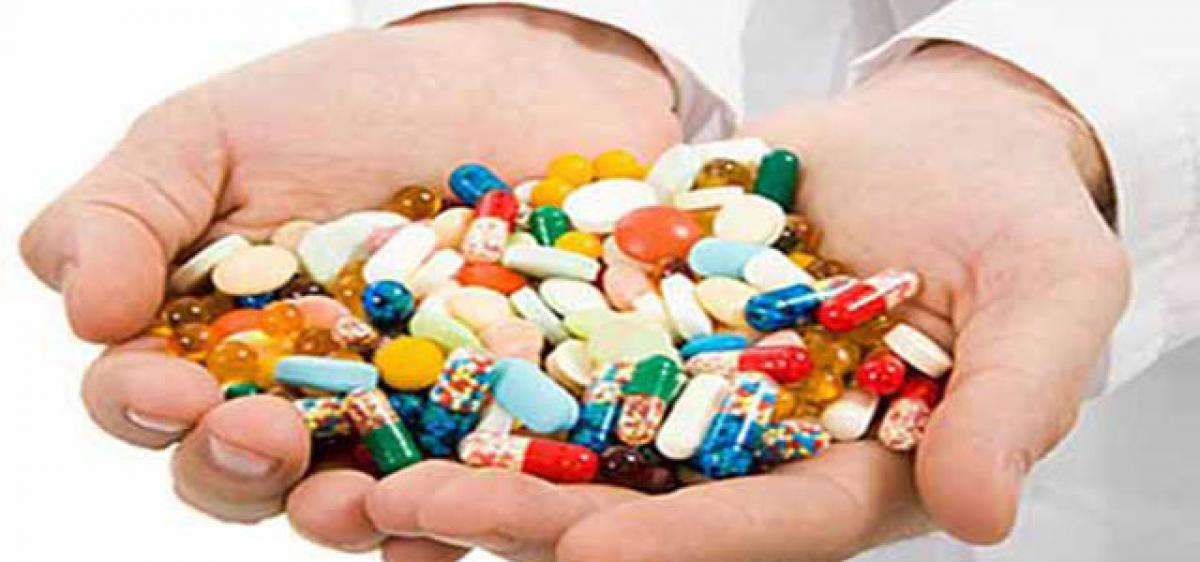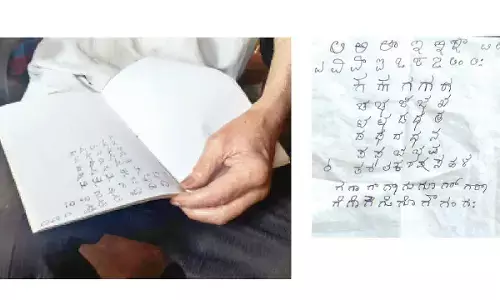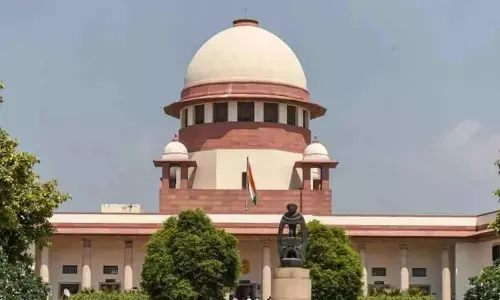Generics: Mere slogan or solution?

With the Prime Minister talking about generic medicines, a lot of debate and discussions on this subject have come to the fore. The Medical Council of India (MCI) has also displayed its overenthusiasm by releasing circular mandating its members to write prescriptions only in capital letters and in generic names.
With the Prime Minister talking about generic medicines, a lot of debate and discussions on this subject have come to the fore. The Medical Council of India (MCI) has also displayed its overenthusiasm by releasing circular mandating its members to write prescriptions only in capital letters and in generic names.
The prime reason being quoted for this is “to make medicines available at affordable cost to all.” While there can be no dispute over the objective, the sincerity of the concerned is not beyond doubt and gives rise to so many natural questions. Against this background it is equally necessary to make a brief analysis of this subject.
If quality medicines are to be made available at affordable cost, it could be done only by involving the public sector undertakings (PSU) available in the pharma sector. It was the PSUs in pharma which made the multinational companies to change their agenda from “exploiting the ailing Indian mass” to “competitive selling at reasonable price.”
Right diagnosis needed
- Role of pharma PSUs in supplying affordable generics beyond doubt
- But all that govt doing is weakening them – BJP also averse to PSUs
- Moreover, Central govt opened up pharma field for 100% FDI
- Price fixing has many loopholes, allowing huge open and hidden profits
- Average MRP of brand leader of a particular molecule is taken
- Actual cost of manufacturing with a little profit right way of pricing
- Around 35% of price consists of duties and taxes. This amounts to tax for falling sick
- No system to test every batch of medicines; who will stand guarantee for the quality of such generic medicines
The Prime Minister has also said he will ensure generic medicines at affordable prices by utilising the pharmaceutical companies available in the public sector. How far is it true? Because it is said that the field is cleared to close 5 PSUs in pharmaceuticals and to sell the lands of other few PSUs to clear the pending wages and other dues of the respective companies.
Moreover, BJP as a policy promotes its ideology of “government has no business to be in business,” and the Prime Minister repeatedly says “Minimum government - Maximum governance” which means there will be no PSUs of any sort in the country in future. The developments run contradictory to the statement of the Prime Minister.
The government holds the right to fix the cost of medicines and there is National Pharmaceutical Pricing Authority (NPPA) already engaged in this task. But the process being adopted has too many loopholes, giving the manufacturers scope for huge open and hidden profit. In many cases, profit exceeds even 1000%.
Instead, a more scientific and viable formula may be arrived at to fix the price, taking the actual cost of manufacturing and a small percentage of profit into account. By this, even the much-talked-about unethical marketing practices (Pay for Prescriptions) of the manufacturers, which involves huge unnecessary expenses and which is ultimately borne by the consumers, may also be arrested.
Even in fixing the cost of essential medicines, the NPPA is adopting a faulty system, which has ended up in many manufacturers finding scope to hike their cost. The average maximum retail price (MRP) of the brand leaders of a particular molecule having more than 1% market share is taken as the price of such molecule.
Actually to become a brand leader and to capture the maximum market share, companies spend a huge amount by various means and such brand’s price definitely includes all such expenses making it exorbitant and unnecessarily costlier. Therefore, this system in vogue has to be changed and a scientific one should be thought of.
During the UPA regime, the government introduced a funny system of taking 60% of the MRP to calculate duties instead of taking the cost price. This makes the price to be unnecessarily more to the consumer than what it was earlier, because it is consumer who ultimately pays.
Around 35% of the price of medicines consists of duties and taxes. By exempting medicines from all such duties and taxes, prices can be brought down substantially. After all, one need not be taxed for having fallen sick since falling sick is neither an affair of comfort nor a matter of luxury.
The government has come up with its ambitious project of opening Jan Aushadi outlets in thousands all over the country. The purpose is to sell medicines in generic form at economic price. But mostly medicines available in such counters are known as ‘branded generics’ supplied by private manufacturers.
Private firms operate in any field with the main motive of minting profit. Expecting them to supply medicines at cheaper cost without any mandatory provisions is an ideal situation that may not materialise at all.
Moreover the government has not spelt anything about the different prices of the same molecule manufactured by different companies. The government has no control over the prices of the patented brands. For example, a patented molecule meant to be used by diabetic patients is now sold at Rs 52 per tablet.
The government has opened up pharma field for 100% foreign direct investment (FDI). With this, the field is going to be dominated and even monopolised by MNCs, on whom the government will not have virtual control of any sort. MNC’s main concentration will be eliminating their competitors, which will make the ground free to sell their products at a huge cost.
With this, the question of making medicines available at affordable cost will be merely illusionary. Experiment with generic medicines is not new to our country. Already in the 80s, the government made it compulsory to introduce single ingredient drugs only in generic name and Cimetidin, Ketoprofen and Terbutaline were introduced in generic.
But companies promoting these drugs were adding their company name with the generic name and thus defeating the very purpose. Further, the government did not do anything to overcome the hurdles to promote this system and ultimately it failed.
Patient goes to a particular doctor based on his confidence. Similarly, a doctor prescribes a particular brand, based on his trials and confidence. Now, when he is forced to write prescription in generic name, the choice is of the dealer, who normally chooses the one which offers him the maximum profit.
Now, medicines produced are marketed after self-certification by the manufacturer.
There is no system to test every batch of medicines by the government authorities. Only random tests are carried on and the number of laboratories we have in the country is vexingly low. Andhra Pradesh is yet to have a well-established lab to handle the huge samples being collected for testing and by the time the results are obtained, the batch concerned would have been even sold out, making the whole affair a mockery one.
Now the question before everyone is, “Who will stand guarantee for the quality of such generic medicines.” Moreover, the government has not spelt out anything on the question of strengthening the bio-equivalence tests in the country to suit the international standards that may encourage the consumer to rest his belief on such medicines.
With the direction of MCI to its members, the role of physicians is primarily just to diagnose and the responsibility of treatment with appropriate medicines is passed on to the dealers. It should also be kept in mind that the bio-availability of a medicine of a particular batch need not be the same of another batch.
This is also one of the reasons to carry on with the system of regular sampling to doctors, who can satisfy himself on the quality of the medicines of various batches.
The MCI direction is silent about prescriptions for combination drugs. Doctors have genuine reasons to feel agitated over the direction of MCI. The public has reason to feel confused – Whether generic medicine is a mere slogan or solution?
By: A G Rajmohan











